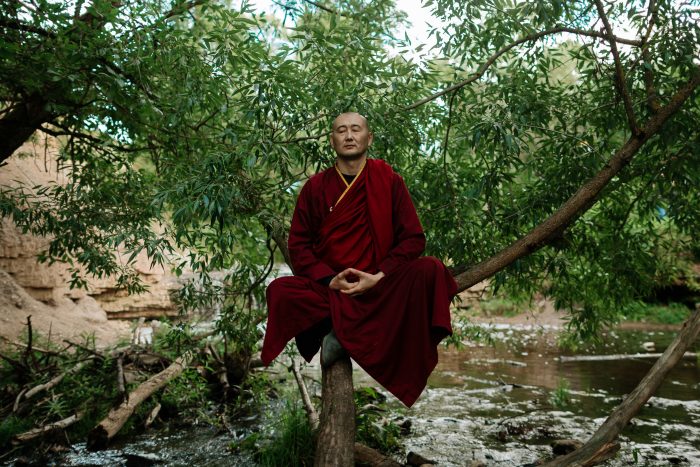According to the renowned Buddhist monk, Ajahn Brahm, caring is more important than curing.
What does he mean by that?
Simply one thing: the psychological and affective factors in treating people with any ailments are fundamental, and even more important than just getting rid of the illness. Of course, both aspects are important, but too often modern allopathic medicine forgets the importance of caring and compassion.
Apart from the important role of prevention I wrote about in my last article (which would dramatically reduce the need for curing), getting patients to feel loved and cared for is important for their well-being, and ultimately, for their recovery. Too many doctors and nurses just treat patients as objects to “fix.” Once they have examined them and given them a treatment, that’s it. They feel their duty is done.
My mother, for example, who has just passed away at the age of 93, was not really cared for as any elderly person should be, whether at home or in an institution. She was in a bad condition and had become almost blind, and needed constant assistance that my brother, who did not live far from her, could not really provide because of his job (and I live 10,000 kilometres away in Malaysia).
From the physical, concrete point of view, the old people’s home was nice, and my mum had a small, pretty apartment for herself. Some of the staff working there were nice and caring; others just did their job but where quite cold, and sometimes treated my mother as if she was demented just because she looked very old. On the contrary, my mother’s mind was sharp and she felt bad whenever somebody of the staff didn’t treat her respectfully. The doctors didn’t give her enough time. And when my mother turned down some of the treatment that was being prescribed, and even refused to go to the hospital for some checkups, they just stopped seeing her because, “Anyway, she doesn’t do what we tell her to do.”
I know, my mum was stubborn and difficult at times, but she was a good and clever woman—and above all, a human being. I don’t think any patient should be treated as she sometimes was. Caring is part of healing, and even part of dying.
What is sad is that curing has become a big business—time is money, and the more medicines and surgeries that can be given, the more profit. Doctors have only a few minutes to see their patients, and they are often tired and overworked. And if more loneliness and depression ensues, one can see a psychiatrist, provided they are rich enough to afford that.
In modern medicine, everything is compartmentalised. An ophthalmologist, for example, will only look at the eyes, but not at mood, nutrition, physical exercise—all things that according to Chinese or Ayurvedic medicine can affect the eyesight. Patients are told they should just address other specialists (within modern medicine, of course, as alternative medicine is normally scorned upon).
More importantly, there is no time or space for caring, for spending a few minutes to get to know the patient better, to see them as a human being rather than an object, to cheer them up and reassure them.
As Ajahn Brahm and, I believe, all Buddhists would agree, caring is at least as important as curing. It would be really good if modern medicine started changing its methods, allowing more space for prevention and for the patients’ psychological needs.
~









Read 0 comments and reply